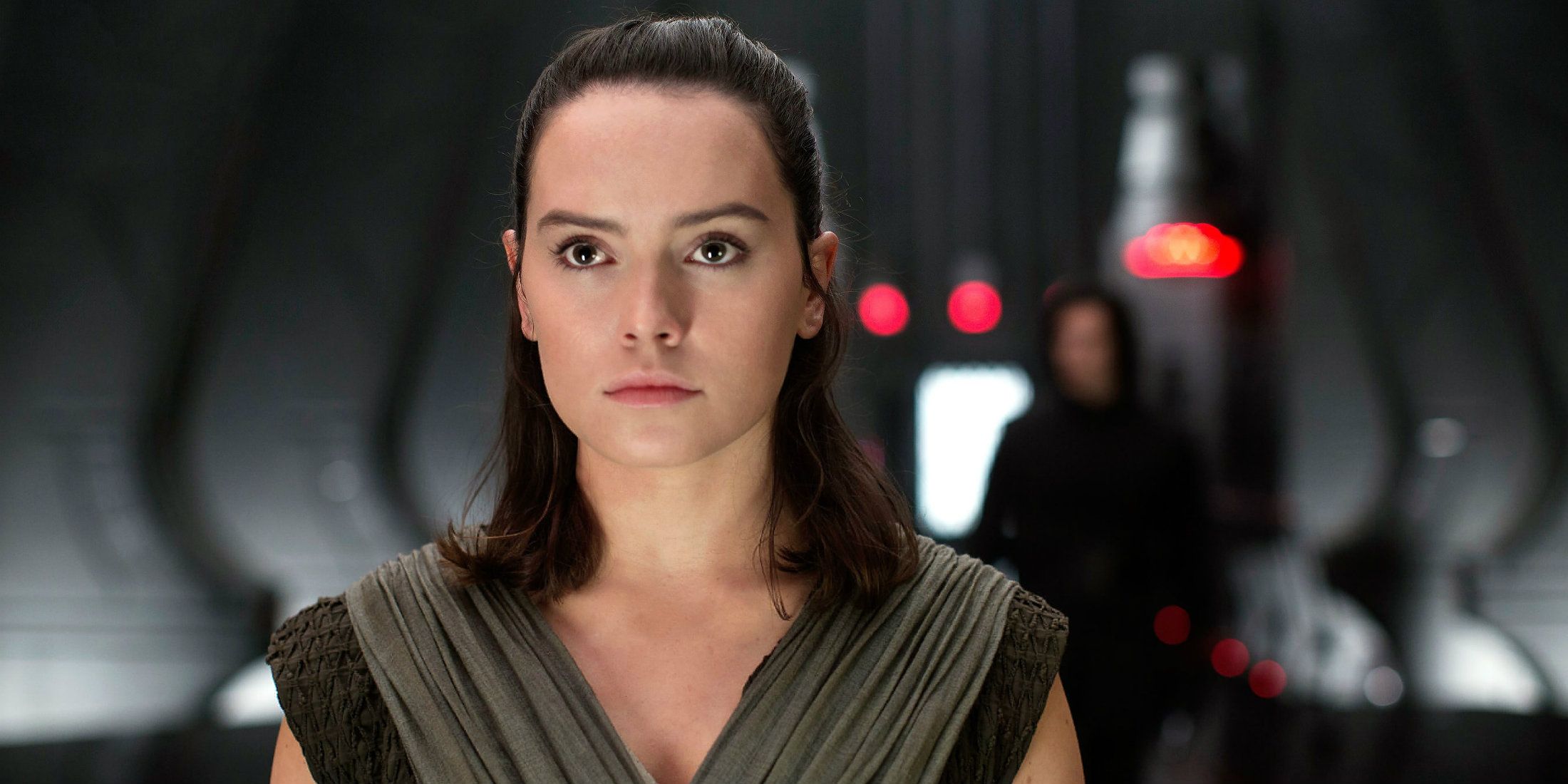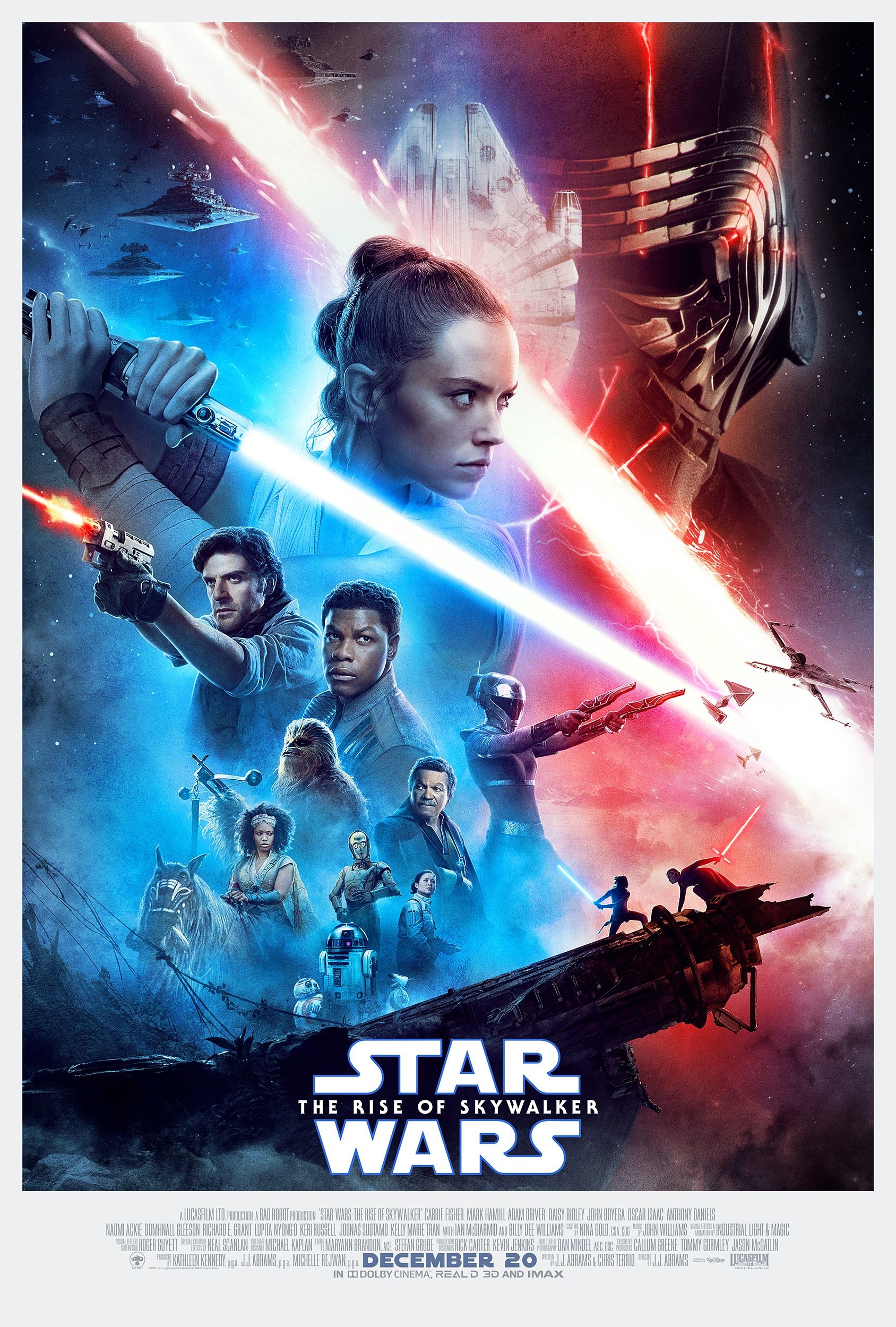Daisy Ridley says she wasn't surprised by the online backlash to Star Wars: The Last Jedi. The sequel to J.J. Abrams' Star Wars: The Force Awakens (which introduced Ridley as the Jakku scavenger Rey), 2017's The Last Jedi was a critical darling and box office hit, but also one of the more controversial tentpoles in recent years.
Written and directed by Rian Johnson (Brick, Looper), The Last Jedi picked up right where The Force Awakens left off - with The Resistance fleeing the First Order (following the destruction of Starkiller Base) and Rey arriving on Ahch-To, in the hope of getting Luke Skywalker (Mark Hamill) to teach her the ways of The Force. Much like The Empire Strikes Back, The Last Jedi was a darker Star Wars film that dug deep into its heroes and villains' psychology, revealing some hard truths in the process. It also took the story threads left dangling in The Force Awakens in directions that some filmgoers loved, while others - put simply - did not.
During a recent interview with USA Today, Ridley said that she wasn't taken aback by the controversy around The Last Jedi and explained that, in a sense, she even felt it was fair:
I wasn't surprised, no. It’s just a different thing. Everyone’s going to have an opinion now anyway on the internet, but I also think it’s fair. If people hold something incredibly dear and think they know how it should be and it's not like that, it’s fair for people to think they were done wrong. It doesn’t mean they were - ultimately, Rian’s a filmmaker and one person can’t dictate how a film is supposed to be - but freedom of expression, sure.
In the year and a half since The Last Jedi hit theaters, there's been a lot of discussion about the film's reception and why reactions have been so divided (if still positive overall). For example, a recent survey indicated that there's a link between fans who dislike the movie and their political beliefs. Another big factor - as Ridley points out in this interview - is modern online discourse and how theorizing can impact not only what fans expect from an upcoming movie or TV show, but also how they respond when their expectations are subverted (either successfully or not). And of course, it's all the more impossible to lump Star Wars fans into one of three groups because not everyone loves, hates, or has mixed feelings about The Last Jedi for the same reasons.
If nothing else, The Last Jedi reactions demonstrate that people are still as passionate as ever about Star Wars and the brand remains highly relevant in the current pop culture landscape. It's also given fans something to talk about ahead of this December's Star Wars: The Rise of Skywalker, which will not only conclude the sequel trilogy, but also the Skywalker Saga as a whole. And with Ridley hinting that The Rise of Skywalker will answer some big questions left hanging after The Last Jedi (like who, exactly, Rey's parents are), it will be interesting to see what the general response is like this time around.
Source: USA Today



